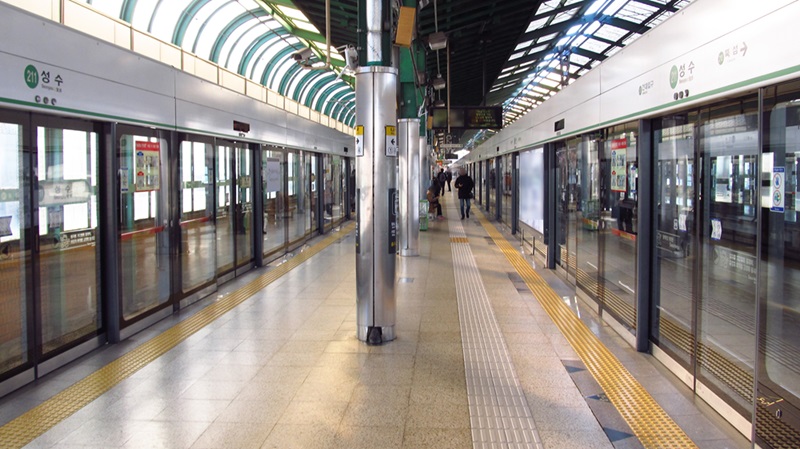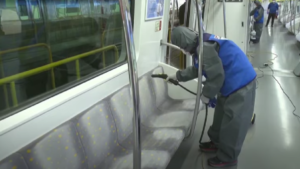In a defiant stand against Seoul Metro’s downsizing plans, unionized subway workers embarked on a two-day “warning” strike that concluded on Friday evening. The largest of the three labor unions, affiliated with the Korean Confederation of Trade Unions (KCTU), spearheaded the protest, denouncing the city-run company’s bid to reduce its workforce by 13.5 percent, or 2,212 employees, by 2026.
The temporary walkout, which disrupted subway services on lines 1-8, aimed to draw attention to the workers’ concerns over the potential impact of downsizing on safety and to rally support against what they perceive as unjust employment practices.
Seoul Metro, facing a cumulative deficit of a staggering 18.4 trillion won (US$14 billion), argues that downsizing is essential to normalize management and ensure the company’s financial stability. Despite the company’s claims, the unionized workers argue that such a drastic reduction in the workforce could compromise safety standards.
The strike, which began on Thursday, reached its scheduled conclusion at 6 p.m. on Friday. However, the threat of a more widespread and prolonged general strike looms large. The KCTU-affiliated union warned that if there is no change in the positions of the Seoul city government and the company, they would initiate a general strike after the nationwide college entrance exam scheduled for Nov. 16.
During a rally in western Seoul on Friday morning, union leader Myung Soon-pil declared, “Our struggle is not over yet. Let’s be fully prepared to start a general strike if our demands are not met,” leaving the exact date of the potential second strike to be determined later.
Seoul Metro attempted to address the concerns raised by the union by offering to increase the number of new recruits this year by 272, bringing the total to 660. However, the proposal was rejected by the KCTU-affiliated union, indicating a significant gap between the company’s efforts to find a middle ground and the union’s steadfast commitment to protecting the rights and interests of its members.
As the city watches the events unfold beneath its bustling streets, the standoff between the unionized subway workers and Seoul Metro underscores the broader tensions between labor rights and corporate interests. The fate of the subway system, a lifeline for millions of Seoul residents, hangs in the balance, with commuters anxiously hoping for a resolution that ensures both the financial stability of the company and the safety and well-being of its dedicated workforce.
(Source: Yoo Cheong-mo | Yonhap News Agency)









